Top US pharmacies blamed for fueling opioid crisis in landmark verdict
Three of the largest pharmacies in the US have been found liable for helping fuel a painkiller crisis in Midwestern state of Ohio, a federal jury said on Tuesday.
A federal court concluded that actions by Walgreens Boots Alliance, CVS, and Walmart contributed to a so-called public nuisance in Lake and Trumbull counties in Ohio by oversupplying addictive opioid pills.
The scale of compensation will be decided at a future hearing, with damages likely to run into the billions of dollars. Although CVS has decided to appeal against the judgement.
The ruling is expected to have legal repercussions across the country as thousands of similar lawsuits have been filed against the three pharmacy chains by US communities grappling with the opioid crisis.
In a statement, attorneys for the Ohio counties that filed the lawsuit described the jury's decision as a "milestone victory" in the campaign to hold companies accountable for an addiction crisis that has consumed hundreds of thousands of lives.
"The judgement today against Walmart, Walgreens and CVS represents the overdue reckoning for their complicity in creating a public nuisance," the attorneys said.
They said the costs are potentially $1bn for each county, to cover social and legal expenses related to the impact of the opioid epidemic.
"For decades, pharmacy chains have watched as the pills flowing out of their doors cause harm and failed to take action as required by federal law," they added.
The three companies have denied the allegations, saying they had taken steps to prevent painkillers being diverted from their intended legal use.
"As plaintiffs' own experts testified, many factors have contributed to the opioid abuse issue, and solving this problem will require involvement from all stakeholders in our healthcare system and all members of our community," CVS said in a statement.
Millions of Americans have over the last two decades become addicts through over-prescription and abuse of legal opiate-based painkillers such as Fentanyl and OxyContin.
More than 760,000 people have died since 1999 from a drug overdose, according to the US Department of Health. Two out of three drug overdose deaths in 2018 involved an opioid.
Since the US Centers for Disease Control and Prevention (CDC) declared overdoses from prescription painkillers an “epidemic” in 2011, the opioid overdose crisis has evolved from a problem tied to opioid painkillers to one driven by illegally trafficked heroin and synthetic opioids.
Besides the pharmacy giants, big pharmaceutical companies and medical professionals have been accused of turning a blind eye to the problem of alarming proportions.
This verdict comes at a time when efforts to hold corporations accountable for the opioid crisis have faced legal obstacles.
Earlier this month, Oklahoma's Supreme Court reversed a judgment against drugmaker Johnson & Johnson worth roughly $460 million that was based on the same "public nuisance" claim.
A state judge in California also declined to hold drug companies accountable for any role in spurring the opioid crisis in communities in that state.
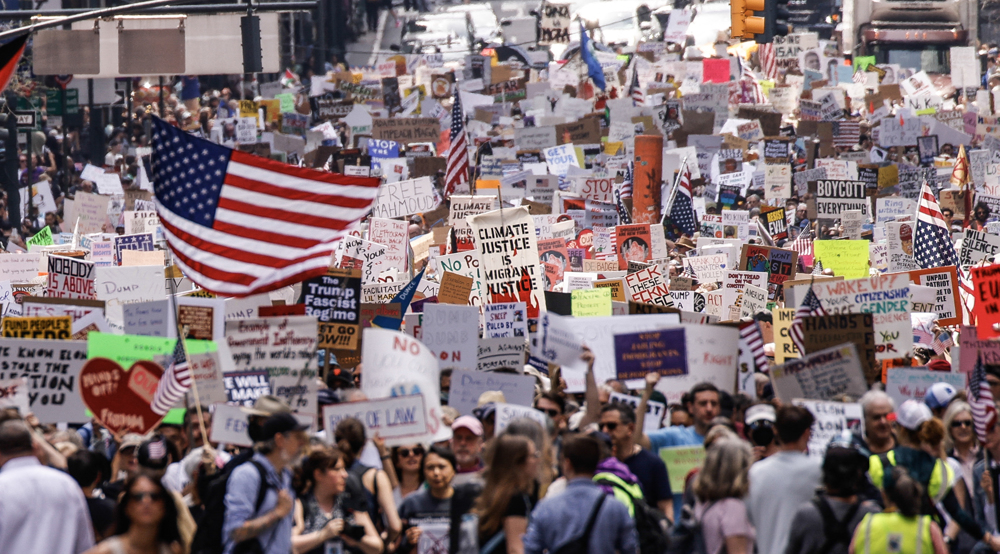
Thousands condemn Trump’s policies in rallies across US

Advocacy group files war crimes case in US against Israeli soldier
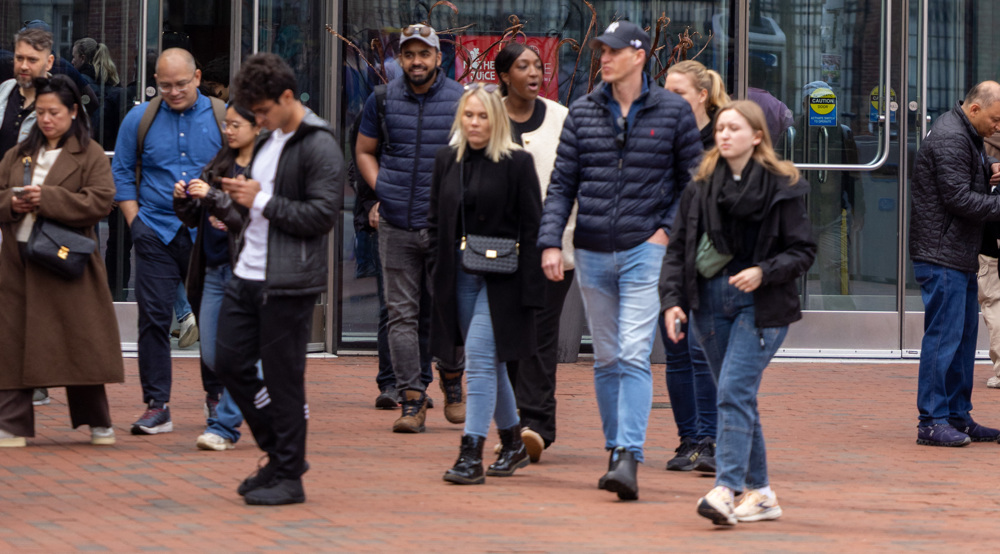
Harvard-Trump dispute deepens as US president threatens to remove tax exemption
Over 100 rabbis, cantors slam Trump for pro-Palestine campus crackdown
Nearly 30 Palestinians killed in fresh Israeli strikes on Gaza
VIDEO | Press TV's news headlines
FBI, local police raid homes of pro-Palestine activists in Michigan
Trump ratings low amid US economic turmoil
VIDEO | Trump tariffs: A wrecking ball!
Israel deprives Gazans of basic needs for ‘survival’: UN
South Africa has no choice but to support resistance against Israel's genocide in Gaza


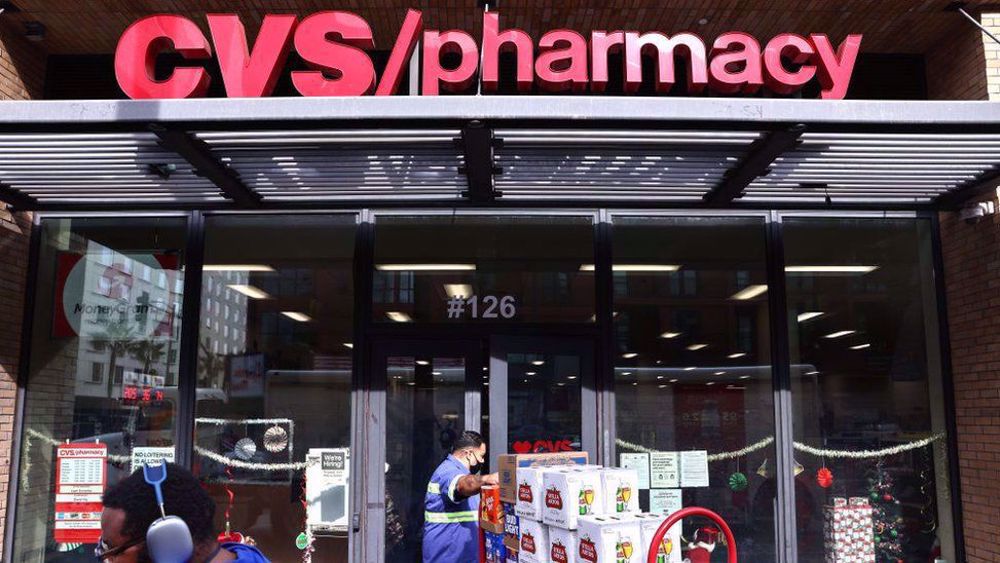




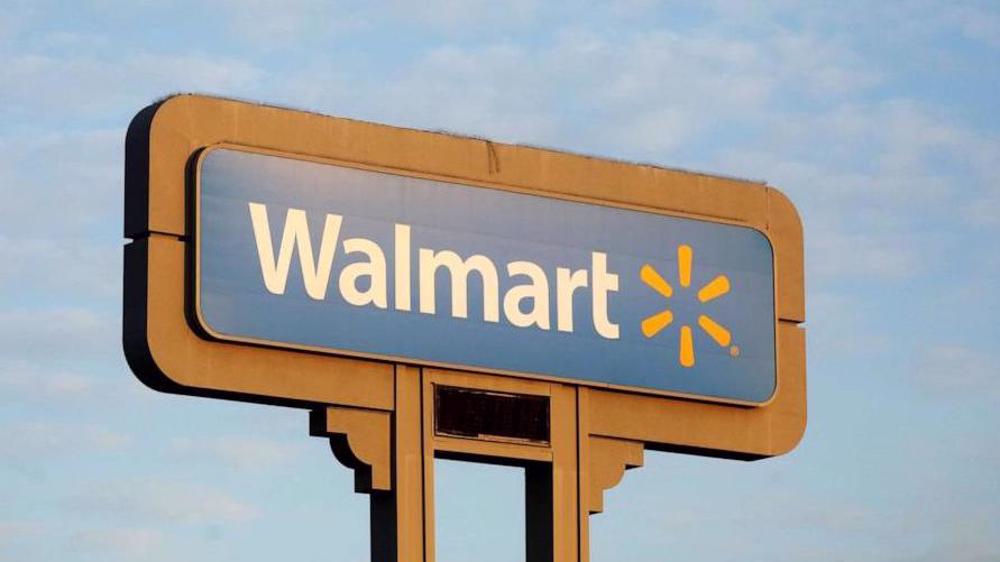
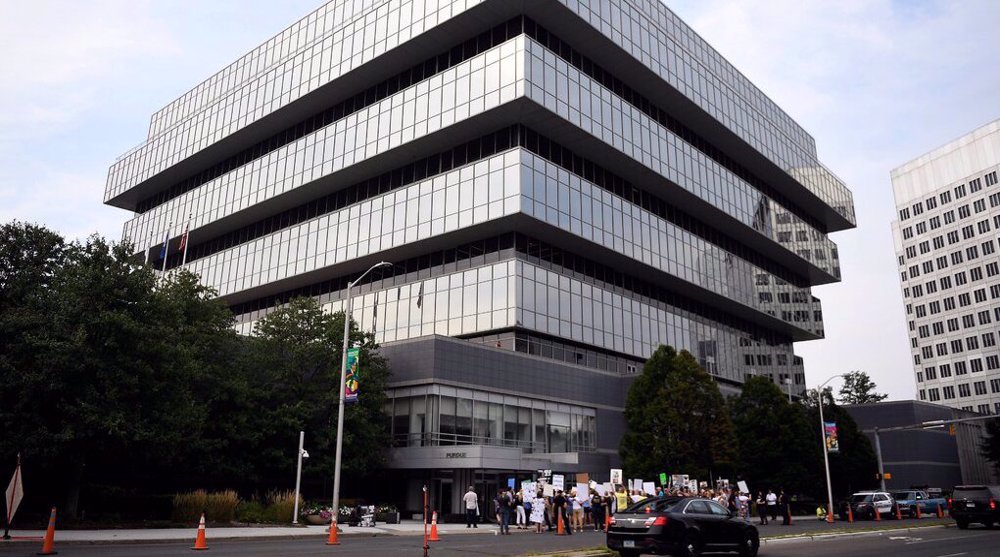
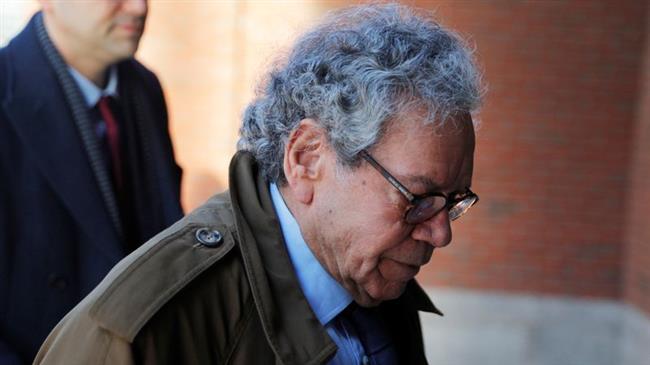


 This makes it easy to access the Press TV website
This makes it easy to access the Press TV website